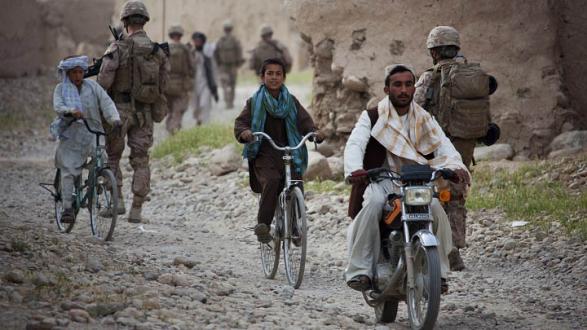The fifth installment of the Global Pulse Discussion Series takes an in-depth look at the political, social, and security dynamics of Afghanistan in 2016.
Public confidence in Afghanistan's future is at an all-time low with increasing unemployment, deteriorating security, and a losing battle against corruption holding back the beleaguered state. The Taliban now control more terrority than at any time since 2001. How will these factors impact Afghanistan's progess - or lack thereof - in 2016? After six American troops were killed in a suicide attack near Bagram Airfield, will United States and NATO troops maintain their longstanding presence in the country?
Featuring:
Dr. James J. Coyle, Director, Center for Global Education, Chapman University
Over the past 30 years, James J. Coyle, Ph.D. has held a number of positions in the federal government, including director of Middle East studies at the U.S. Army War College; first secretary for political-military affairs at the U.S. Embassy in Ankara; senior political analyst for Palestinian affairs; and special assistant to the FBI/New York Joint Terrorism Task Force. Read more.
Dr. Stephanie Young, Political Scientist, RAND Corporation
Dr. Stephanie Young is a Political Scientist at the RAND Corporation, where she conducts research and analysis on a broad range of foreign policy and national security related issues. Her primary interests relate to defense budgeting and resource allocation, but other recent work has focused on security cooperation and building partner capacity, the US military transition in Iraq, special operations, and counterinsurgency in Afghanistan. Read more.
Moderator:
Dr. Nile Green, Professor of History & Director, Program on Central Asia, UCLA
After beginning his career as a historian of Islamic India and Pakistan, Dr. Nile Green has traced networks of Muslim activity that connect Afghanistan, Iran, the Indian Ocean, Islamic Africa and Central Asia, as well as Muslim diasporas as far apart as Europe, America and Japan. His writings span the domains of global, social, religious, cultural and literary history. Read more.




